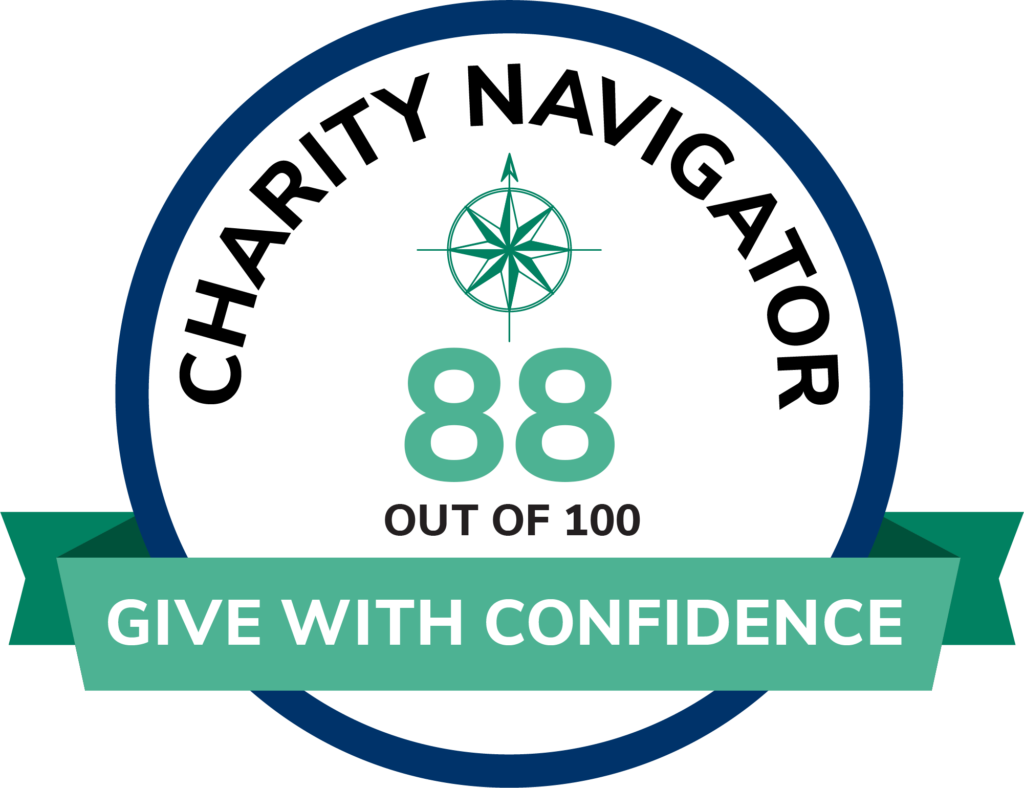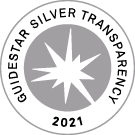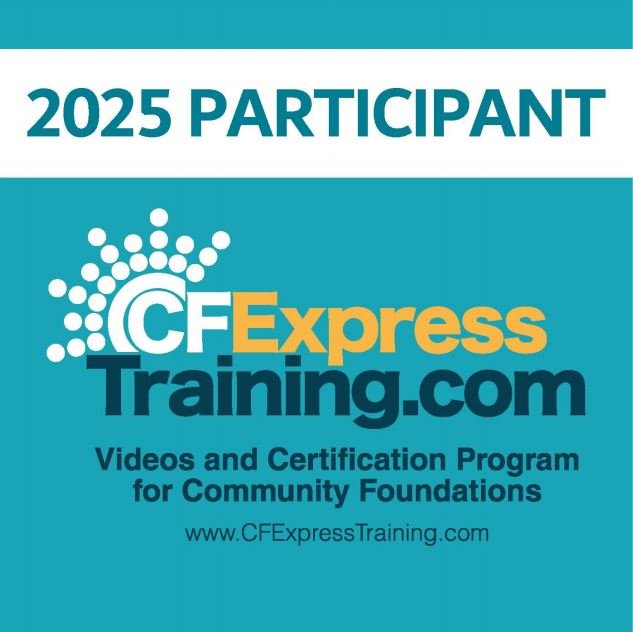Charitable gift annuities (CGAs) are becoming more attractive to philanthropists, making this planned giving vehicle a good fit for your clients who like the idea of an up-front tax deduction, a steady lifetime income stream, and a remainder gift to charity.

ICharitable gift annuities (CGAs) are becoming more attractive to philanthropists, making this planned giving vehicle a good fit for your clients who like the idea of an up-front tax deduction, a steady lifetime income stream, and a remainder gift to charity.
f you are not already doing so, now is a good time to consider talking with clients about CGAs. A CGA, like any other annuity, is a contract. Your client agrees to make an irrevocable transfer of cash or assets to a qualified charity. In return, the charity agrees to pay the client (or a designated beneficiary, such as a spouse) a fixed payment for life. Your client is eligible for an immediate income tax deduction for the present value of the future amount passing to the charity. ** At the current time, CGA’s are not available at the SRCCF, however, please check back with us frequently as our portfolio of services continues to grow. **
The popularity of CGAs is increasing for a few reasons.
Increase in payout rates
First, in late November 2022, the American Council on Gift Annuities voted to increase the rate of return assumption it uses in its suggestions for maximum payout rates for CGAs. Effective on January 1, 2023, the rate of return assumption moved from 4.50% to 5.25%. This increase translates to a significant boost in payout rates for annuity contracts and is therefore good news for a client’s income stream. The new rates are now available on the ACGA’s website.
New Legacy IRA opportunities
Second, with the December 2022 passage of the Legacy IRA enhancements to the Qualified Charitable Distribution (QCD) rules, CGAs could become even more attractive. This is because the new Legacy IRA rules allow for a once-in-a-lifetime, $50,000 QCD from an IRA to a split-interest vehicle. While the law allows a taxpayer to make a QCD to a charitable remainder trust, the $50,000 statutory maximum for a Legacy IRA gift may be a deterrent. This is because minimums for CRTs are usually at least $100,000; that is not the case, however, for CGAs, which typically can be set up at much lower minimums. Because of the difference in minimums, the CGA may be more attractive for taxpayers who want to take advantage of the one-time Legacy IRA gift as part of a QCD strategy.
Note that CGAs created to receive a QCD contribution are different from other CGAs in a few important respects under the new law. For example, annuity payments are taxable, and must be at least 5%. Although the 5% requirement is not an issue at the moment due to the new, higher payout rates, this stipulation could present a challenge in the future.
Tax planning with appreciated assets
Third, gifts of appreciated assets are always a strong planning technique, especially to a CGA. When a taxpayer contributes highly-appreciated stock in a public company, for example, to a CGA, the taxpayer typically is eligible for an income tax deduction at the stock’s fair market value on the date of the gift. When the SRCCF sells the stock, we pay no capital gains tax. Note that the taxpayer would have paid capital gains tax had the taxpayer sold the stock. Especially if the stock was paying low or no dividends, the CGA has enabled the taxpayer to unlock a low-income producing asset and convert it to a vehicle that pays an income stream. Plus, the taxpayer gets the benefit of the upfront tax deduction, presumably in a tax year where income is higher (and therefore taxed in higher brackets) than it will be when the taxpayer retires at a future date.
The team at the Starved Rock Country Community Foundation is honored to serve as a resource and sounding board as you build your charitable plans and pursue your philanthropic objectives for making a difference in the community. This article is provided for informational purposes only. It is not intended as legal, accounting, or financial planning advice. Please consult your tax or legal advisor to learn how this information might apply to your own situation.




